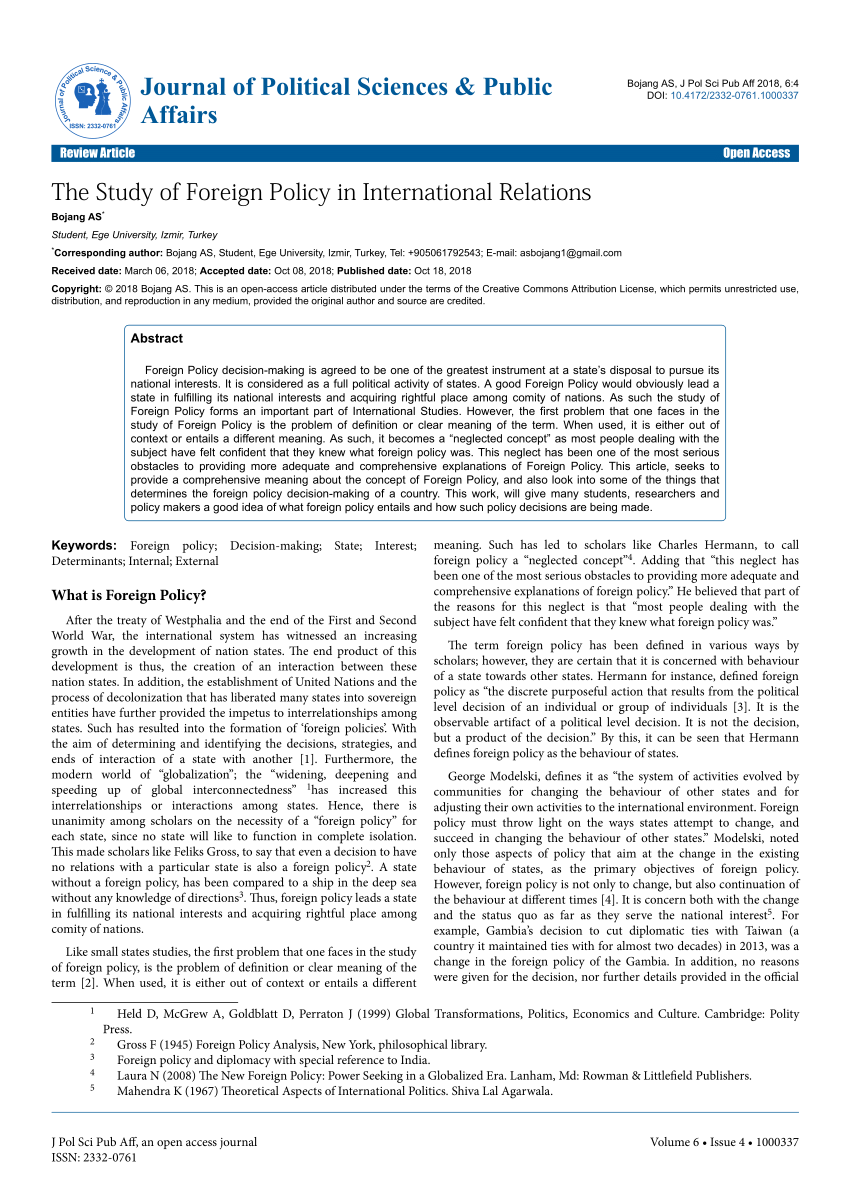Q.5 An analysis of the anatomy of foreign policy is an essential pre-requisite to an understanding of the dynamics of International Relations. Analyze the central theme of Pakistan’s foreign policy in the war against terrorism? 2017

Pakistan’s foreign policy in the war against terrorism can be analyzed by examining its central theme, which is the pursuit of national security interests while balancing relationships with key global players.
Following the 9/11 attacks, Pakistan became a key ally of the United States in the war against terrorism. Pakistan’s foreign policy aimed to eradicate terrorism and extremism within its borders while maintaining regional stability. This was achieved through cooperation with the US and other global powers, such as China and Saudi Arabia.
Pakistan’s foreign policy towards the war on terror can be broken down into several key elements:
- Cooperation with the United States: Pakistan played a vital role in the US-led war against terrorism in Afghanistan. The country provided logistic support, intelligence, and military assistance to the US and NATO forces in their fight against the Taliban and Al-Qaeda.
- Counterterrorism operations: Pakistan launched several counterterrorism operations within its borders to root out extremist elements. These operations included the Swat operation, Operation Zarb-e-Azb, and Operation Radd-ul-Fasaad.
- Diplomatic outreach: Pakistan also engaged in diplomatic outreach to neighboring countries, such as Afghanistan and India, to improve regional stability and combat terrorism.
- Balancing global players: Pakistan’s foreign policy aimed to balance its relationship with the US while maintaining close ties with China, Saudi Arabia, and other key players in the region. This helped to ensure that Pakistan’s national security interests were protected while also promoting regional stability.
However, Pakistan’s foreign policy towards the war on terror has been criticized for its perceived lack of effectiveness and its failure to fully eradicate terrorism within its borders. Furthermore, Pakistan has been accused of maintaining ties with extremist elements, such as the Taliban and Haqqani network, which has strained its relationships with the US and other key players in the region.
In conclusion, Pakistan’s foreign policy in the war against terrorism was driven by the pursuit of national security interests, while balancing relationships with key global players. While Pakistan played a vital role in the US-led war against terrorism, its foreign policy has been criticized for its perceived lack of effectiveness and its ties with extremist elements.